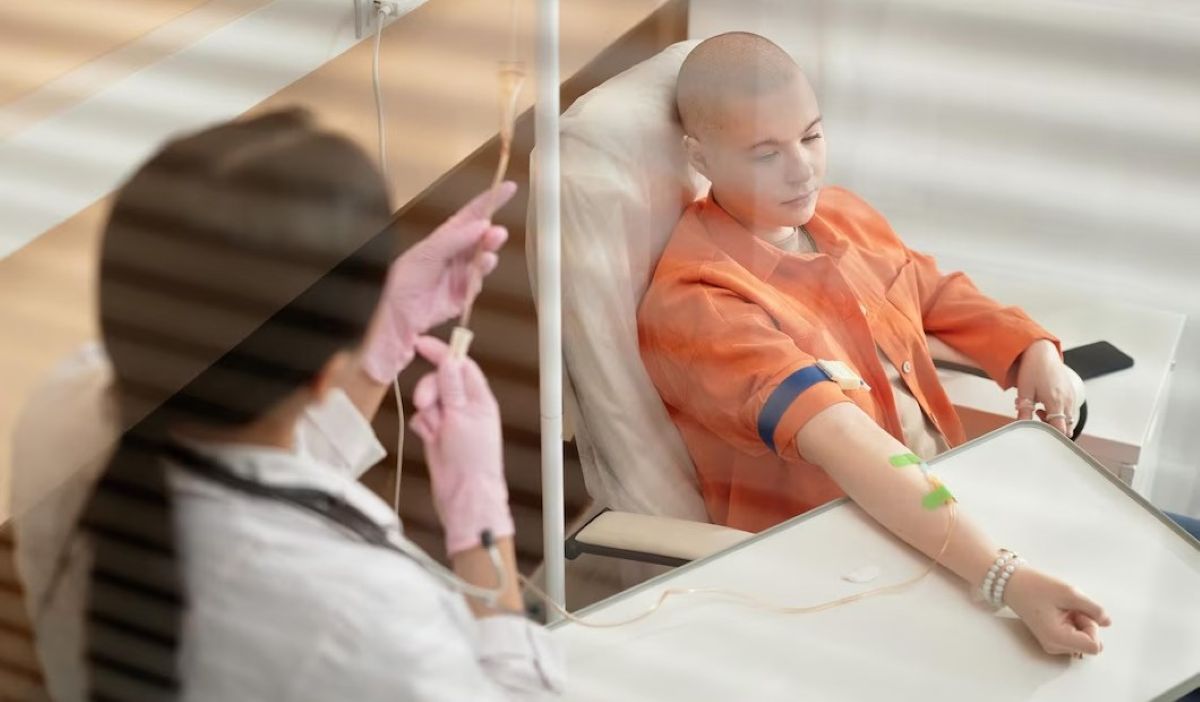
The journey following a diagnosis of advanced or terminal cancer can be overwhelming physically, emotionally, and spiritually—not only for the patient but also for their family and caregivers. Although curative treatments may no longer be effective, the focus on care continues. Here is where palliative care becomes vital in cancer treatment, with the goals of alleviating symptoms, improving quality of life, and providing caring support.
Palliative care is a tailored medical strategy aimed at enhancing the quality of life for those coping with severe illnesses such as advanced cancer. Palliative care, in contrast to curative treatments that seek to eradicate the disease, concentrates on symptom management, pain reduction, and alleviating psychological, emotional, and spiritual suffering. It focuses on the patient as a whole, and can be administered in conjunction with therapies such as chemotherapy or radiation.
While palliative care and hospice care often overlap, they are not the same thing. Hospice care is usually designated for individuals who are close to death, whereas palliative care can start at any point during an illness, including when active treatment is being administered.
In later stages, cancer frequently presents intricate challenges:
Palliative care provides solutions to all of these issues via a multidisciplinary team that can comprise doctors, nurses, social workers, counselors, and chaplains. It is not about prolonging life at any price, but rather about ensuring that each moment has significance and is as comfortable as it can be.
Palliative care for advanced cancer revolves around a holistic and patient-centered approach. It aims to tackle not only physical symptoms but also emotional, psychological, and spiritual needs in order to improve overall quality of life.
A key function of palliative care is the management of distressing symptoms:
Cancer affects not just the body, but also mental health in a profound way. It is common to experience anxiety, depression, fear of death, concerns about body image, and emotional distress.
Members of palliative care teams often include:
These services help to prevent feelings of isolation or being overwhelmed among patients.
A large number of patients confronted with terminal diagnoses grapple with existential inquiries such as: “Why me?”, “What comes next?”, and “Have I led a meaningful life?”
Spiritual care providers or chaplains assist individuals:
This care recognizes that suffering extends beyond the physical; it encompasses profound emotional and spiritual dimensions as well.
When it comes to advanced cancer, tough decisions abound: Should one opt for aggressive treatment? Should one allow resuscitation? When is it time to transition to palliative care exclusively?
It is the role of palliative care professionals to facilitate these conversations. They assist patients and families:
Patients uphold their dignity and autonomy through clear and open communication.
Providing care can come with considerable burdens across all three of these dimensions: emotional, physical, and financial. Palliative care broadens its focus to include:
Supporting the caregiver is crucial for sustaining long-term care at home.
With the advancement of cancer, it becomes essential to prepare for the end-of-life stage. Palliative care helps to guarantee:
End-of-life care isn’t about surrendering; it’s focused on ensuring that the last chapter of life is as comfortable and meaningful as possible.
Palliative care is not exclusively for the dying, despite what many believe. The earlier it starts, the greater its potential to enhance quality of life. Research indicates that incorporating palliative care early in cancer treatment enhances:
It should ideally begin at the point of diagnosis for advanced cancer, operating alongside curative or life-extending treatments.
|
Misconception |
Reality |
|---|---|
|
It means “giving up” |
It means focusing on comfort and quality of life |
|
It’s only for the last few days of life |
It can begin early in illness |
|
It hastens death |
It neither prolongs nor shortens life; it relieves suffering |
|
Only doctors provide it |
It involves a team of specialists—nurses, social workers, counselors, and more |
It is crucial to inform patients and their families in order to break down these misconceptions and promote prompt participation in palliative care.
The necessity of a holistic approach is acknowledged by modern oncology. Palliative care is now incorporated into the treatment plan by many cancer centers. A few of the steps are:
This integration aids patients in navigating the complexities of cancer with grace and support.
Although palliative care is becoming more acknowledged, access to it is inconsistent, particularly in countries with low and middle incomes. Obstacles comprise:
It is necessary to advocate, train, and reform the healthcare system in order to fill these gaps.
Related: Debunking 12 Myths About Chemotherapy: Separating Fact from Fear
Palliative care is a precious offering, characterized by comfort, dignity, and compassion. When confronted with advanced cancer, where cures might be hard to find, it guarantees that life is still worthwhile and that one can confront death calmly.
At L H Hiranandani Hospital, we understand the importance of holistic support. Our dedicated Palliative Care Unit offers personalized assistance to help patients preserve their dignity, manage pain effectively, and attain emotional and spiritual peace. We accompany patients and families at every stage of the journey, backed by a multidisciplinary team and cutting-edge support services.
No, palliative care can be provided in situations other than end-of-life scenarios. Palliative care can start at any point during advanced cancer to alleviate symptoms and enhance quality of life—often in conjunction with treatments such as chemotherapy.
Yes, palliative care can be offered in different environments, such as hospitals, hospices, and even within the home. Home-based care enables patients to stay in their familiar surroundings while they receive symptom relief and emotional support.
It is not a given. Palliative care can be provided in conjunction with cancer treatments. The emphasis lies on alleviating discomfort and aiding the patient, irrespective of whether the aim is to cure, control, or provide comfort.